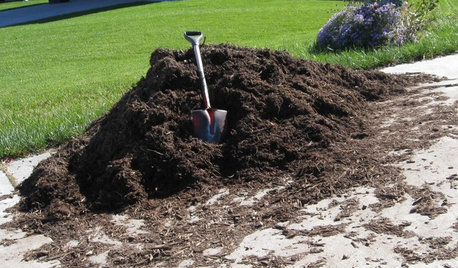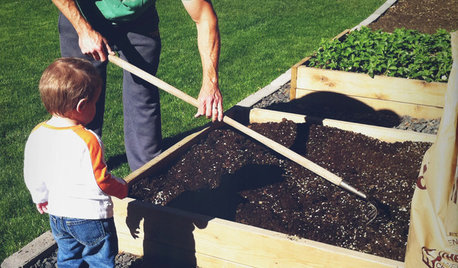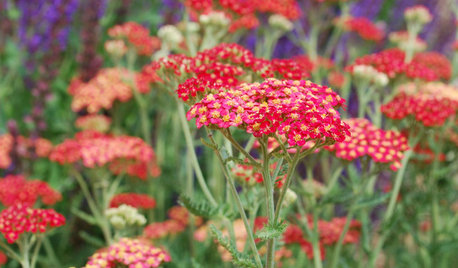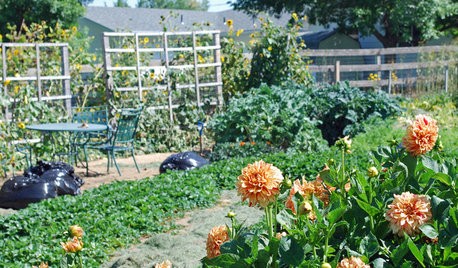Cottonseed Burr compost
sunnyside1
16 years ago
Featured Answer
Sort by:Oldest
Comments (27)
blutranes
16 years agorenais
16 years agoRelated Professionals
West Milford Landscape Architects & Landscape Designers · Benbrook Landscape Architects & Landscape Designers · Forest Park Landscape Architects & Landscape Designers · Simi Valley Landscape Architects & Landscape Designers · Broomfield Landscape Contractors · Lancaster Landscape Contractors · Miller Place Landscape Contractors · Parkland Landscape Contractors · Paso Robles Landscape Contractors · Reedley Landscape Contractors · Silver Firs Landscape Contractors · Dayton Decks, Patios & Outdoor Enclosures · Freehold Decks, Patios & Outdoor Enclosures · Lacey Decks, Patios & Outdoor Enclosures · Salisbury Decks, Patios & Outdoor Enclosuressunnyside1
16 years agodavid52 Zone 6
16 years agobiffula
11 years agotoxcrusadr
11 years agotoxcrusadr
11 years agogator_rider2
11 years agopoaky1
11 years agotoxcrusadr
11 years agoKimmsr
11 years agotoxcrusadr
11 years agoKimmsr
11 years agotoxcrusadr
11 years agopoaky1
11 years agobutchfomby
10 years agotoxcrusadr
10 years agolazy_gardens
10 years agotoxcrusadr
10 years agoUser
8 years agotoxcrusadr
8 years agono business
5 years agolast modified: 5 years agoIrving Ragweed (Austin 8b)
5 years agotoxcrusadr
5 years agogardengal48 (PNW Z8/9)
5 years agotoxcrusadr
5 years ago
Related Stories

REMODELING GUIDESHouzz Tour: A Drive in the Country Ends in a Remodel
A couple out for a spin find a cottage with untapped potential. Their redo highlights lovely views and midcentury charm
Full Story
FALL GARDENING7 Reasons Not to Clean Up Your Fall Garden
Before you pluck and rake, consider wildlife, the health of your plants and your own right to relax
Full Story
GARDENING GUIDESHow to Stop Worrying and Start Loving Clay Soil
Clay has many more benefits than you might imagine
Full Story
FRONT YARD IDEASBefore and After: Front Lawn to Prairie Garden
How they did it: Homeowners create a plan, stick to it and keep the neighbors (and wildlife) in mind
Full Story
INSIDE HOUZZUsing Houzz: Create a Home To-Do List
See how to use an ideabook to keep track of your home projects this year
Full Story
EDIBLE GARDENSNatural Ways to Get Rid of Weeds in Your Garden
Use these techniques to help prevent the spread of weeds and to learn about your soil
Full Story
GARDENING GUIDESSouthern California Gardener's September Checklist
Before prime planting time, clean out the old garden, prepare for the new, and dream up ideas for fall flowers and veggies
Full Story0

GARDENING GUIDESTexas Gardener's February Checklist
Show roses some love around Valentine's Day and set the stage for future garden growth with seeds and starts
Full Story
GARDENING GUIDESTackle Weeds the Natural Way
Instead of dousing your yard with chemicals to wipe out weeds, let time and nature work their magic via smothering and solarization
Full Story





toxcrusadr